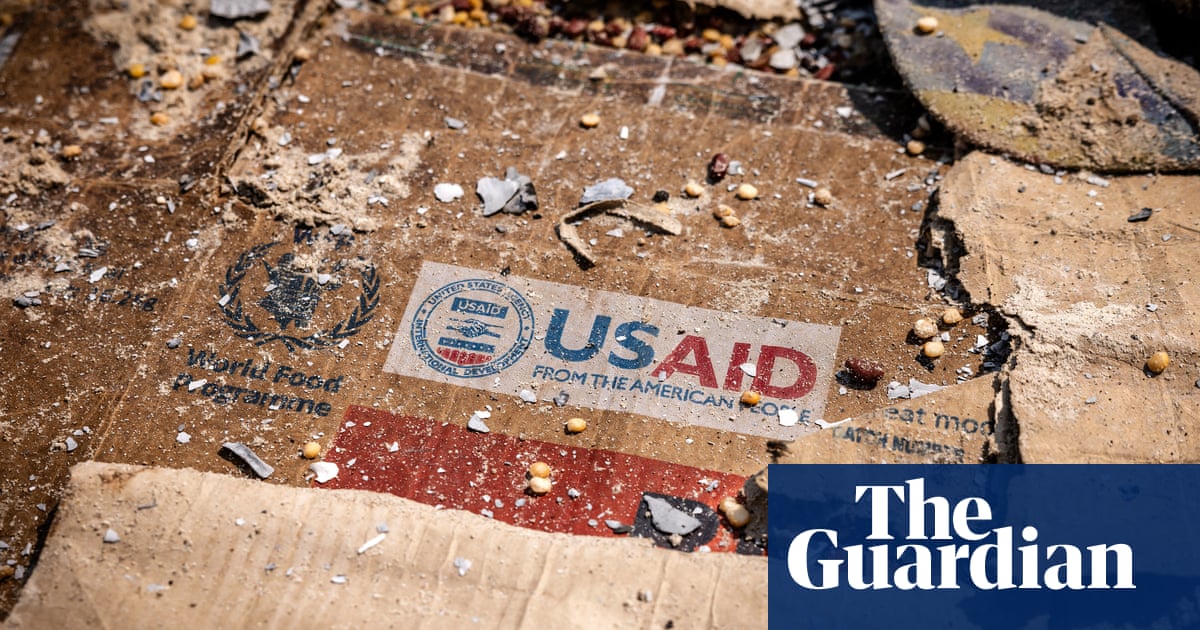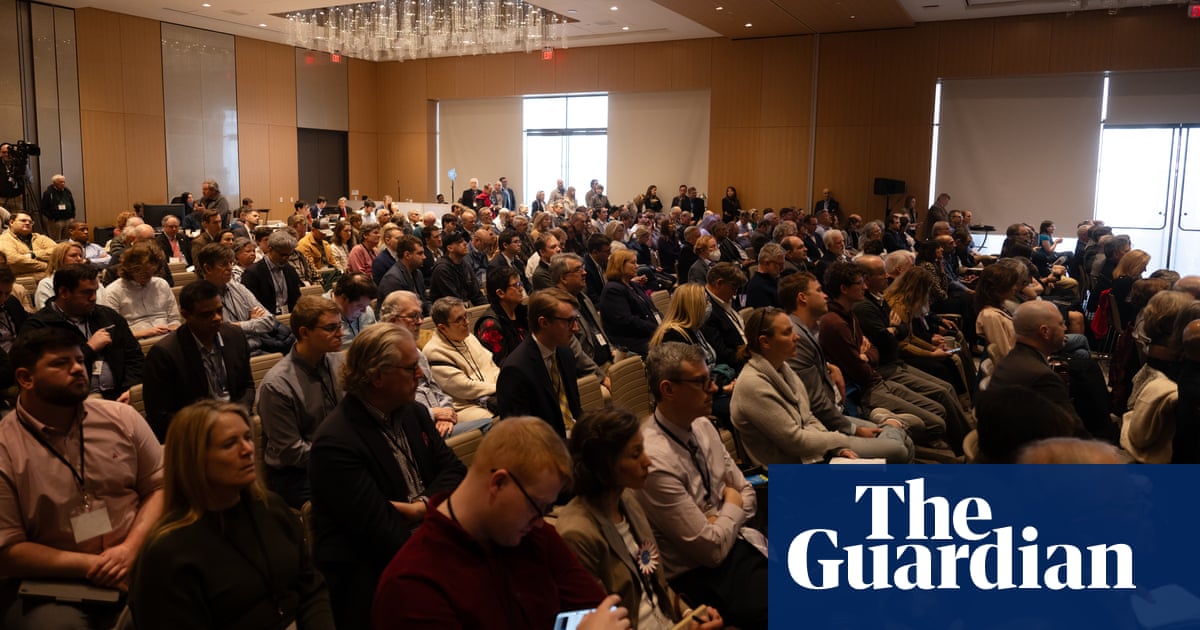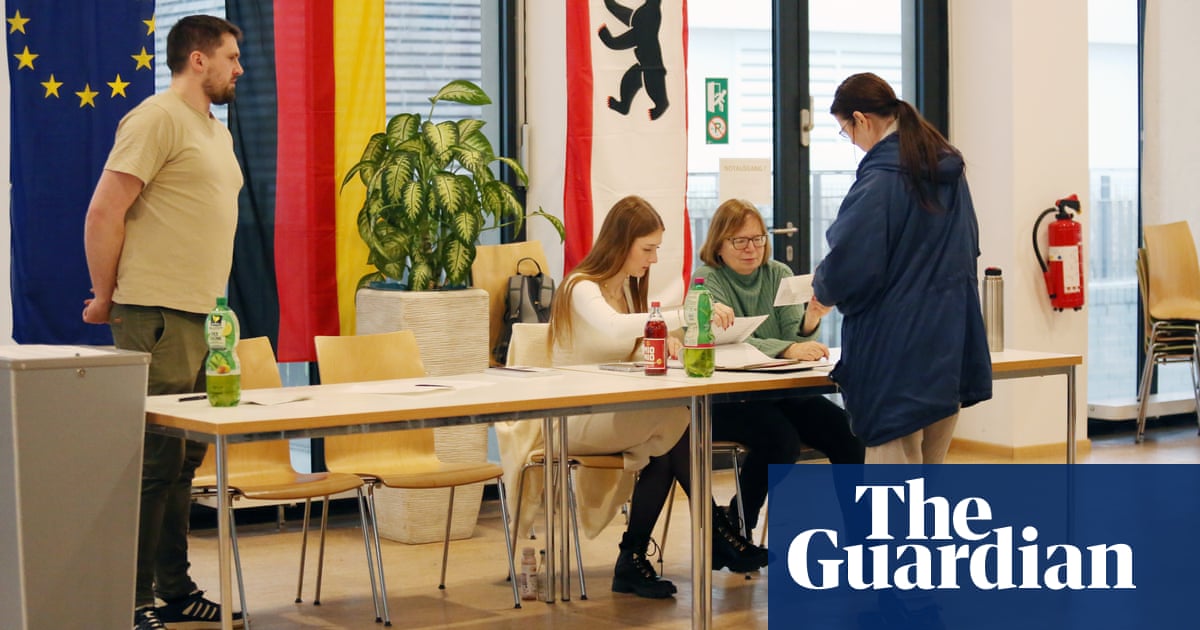The anti-whaling activist Paul Watson will learn within 14 days whether he will be extradited to Japan, a court has been told, as his four-month imprisonment in Greenland was extended.
At a hearing in Nuuk, the capital of the autonomous territory of Denmark, the judge Lars-Christian Sinkbæk said that Watson, who turned 74 on Monday, would continue to be detained in a high security prison pending a decision from the Danish government. Watson’s legal team immediately submitted an appeal to Greenland’s high court.
Addressing the hearing, Watson, one of the early pioneers behind the environmental campaign group Greenpeace, said: “In July, I had no idea that I would be sitting here in court in Greenland on my birthday today. It is a political case being run against me. It is a minimal case that has been run up. Denmark is known as a very trustworthy legal society, but look what it has become.”
Watson has been in Greenland’s prison, known as the Anstalten, since his arrest on 21 July by a dozen police officers while refuelling his ship, MV John Paul DeJoria. The police were acting on an Interpol red notice issued by Japan.
Tokyo is seeking his extradition on charges of stopping a lawful business, trespass, damage to property and assault relating to the alleged boarding of the Japanese whaling ship Shonan Maru 2 in the Southern Ocean in February 2010. The charges carry a sentence of up to 15 years in jail.
It is accepted by the prosecution that Watson, who has been involved in thwarting whalers for five decades, was not present at the time of the alleged crime. It is instead claimed that he was party to the decision by the activist Peter Bethune to board the vessel and throw a stink bomb on to its deck.
The bomb’s chemical components allegedly lightly injured a member of crew. Watson’s defence disputes that this would be possible.
Bethune was seized by the whalers at the time and given a two-year sentence, suspended for five years. As part of that sentence, he named Watson as a co-conspirator.
On his release, Bethune signed an affidavit in which he claimed to have named Watson in order to get a reduced sentence. Watson’s legal team argue that their client was not involved in the crime and that the charges are insufficiently serious for him to be extradited.
In response, the prosecution told the court on Monday that the charges would probably lead to a one-year prison sentence under Danish law.
The court was informed by Greenland’s chief prosecutor, Mariam Khalil, that “the ministry of justice is gathering the final information from Japan to be able to make a decision” on extradition.
She added: “The Ministry of Justice has confirmed by email on 30 November 2024 that a final decision is expected within 14 days.”
The prosecution sought an extra 28 days of detention but the court gave leave for Watson to be detained until 18 December.
Should the Danish government grant Japan’s extradition request within the next two weeks, Watson would be able to appeal against that decision, opening up the potential for a lengthy legal tussle and further time in jail.
The defence had also claimed that Watson’s regular travels without disturbance since 2012 when the Interpol red notice was issued, including a visit to Monaco to see Prince Albert, illustrated that the decision to request 14 years after the alleged crime was politically motivated.
Khalil said that the Japanese arrest warrant, on which the Interpol red notice was based, had been renewed 28 times since it was first issued in 2010.
At the time of his arrest in Greenland, Watson had been on his way with a 32-strong crew to practise his decades-long policy of “non-violent aggression” by intercepting a new Japanese whaling “mothership”, the ¥7.5bn (£39.4m) Kangei Maru.
In an interview with the Guardian from a prison cell, Watson, who has two sons, aged three and eight, as well as a 44-year-old daughter, said he did not believe he would survive a spell in a Japanese prison should he be extradited.
He said: “I know that if I get sent to Japan, I’m not coming home.”
The Japanese embassy in the UK and the Danish ministry of justice did not respond to a request for comment.

 2 months ago
55
2 months ago
55













































